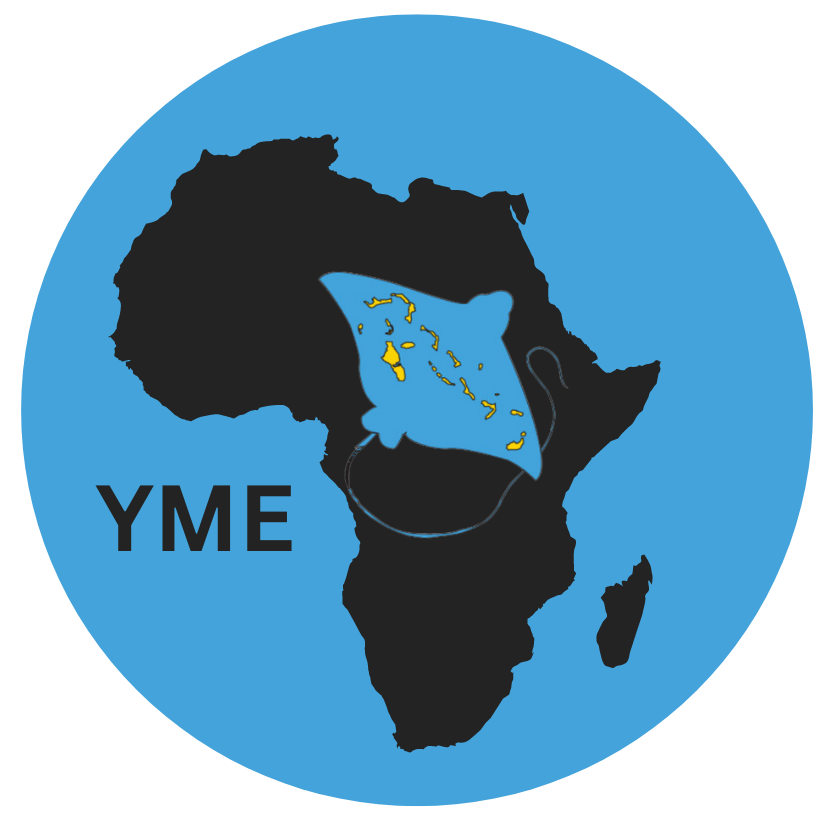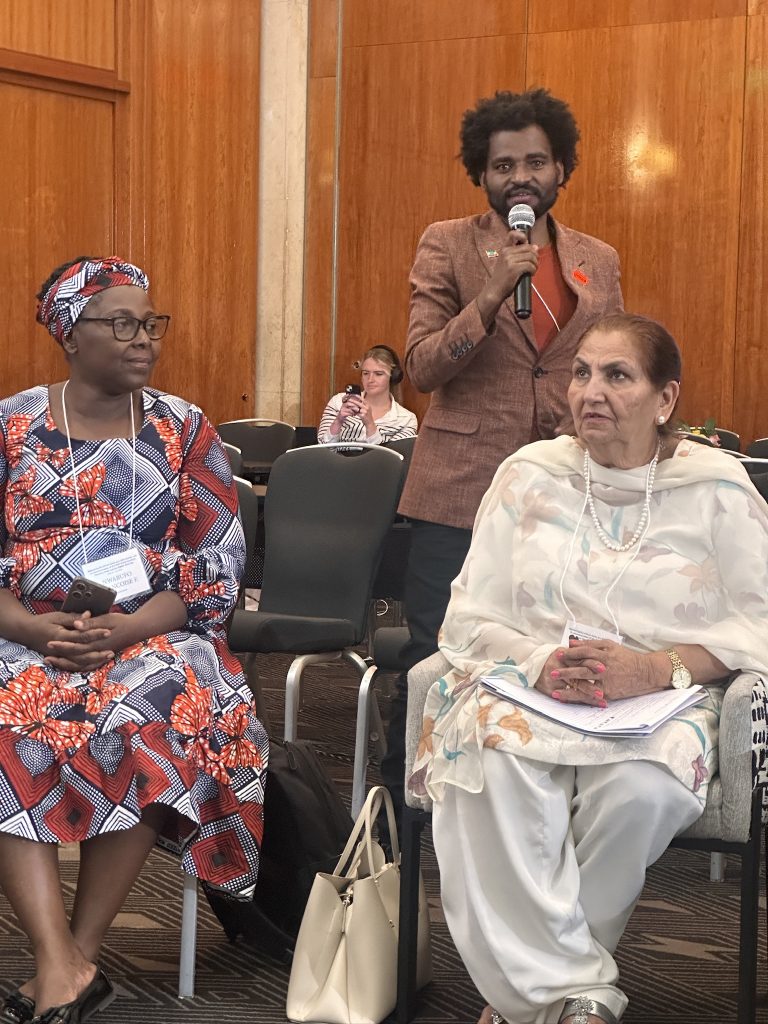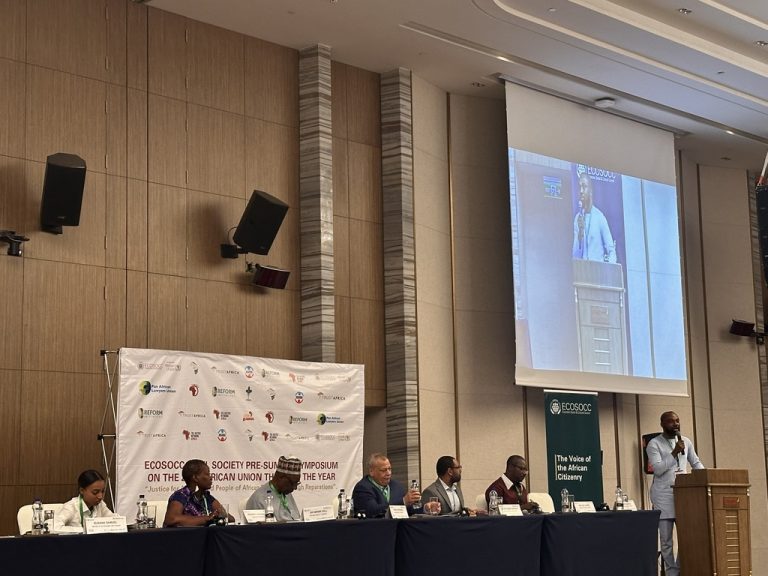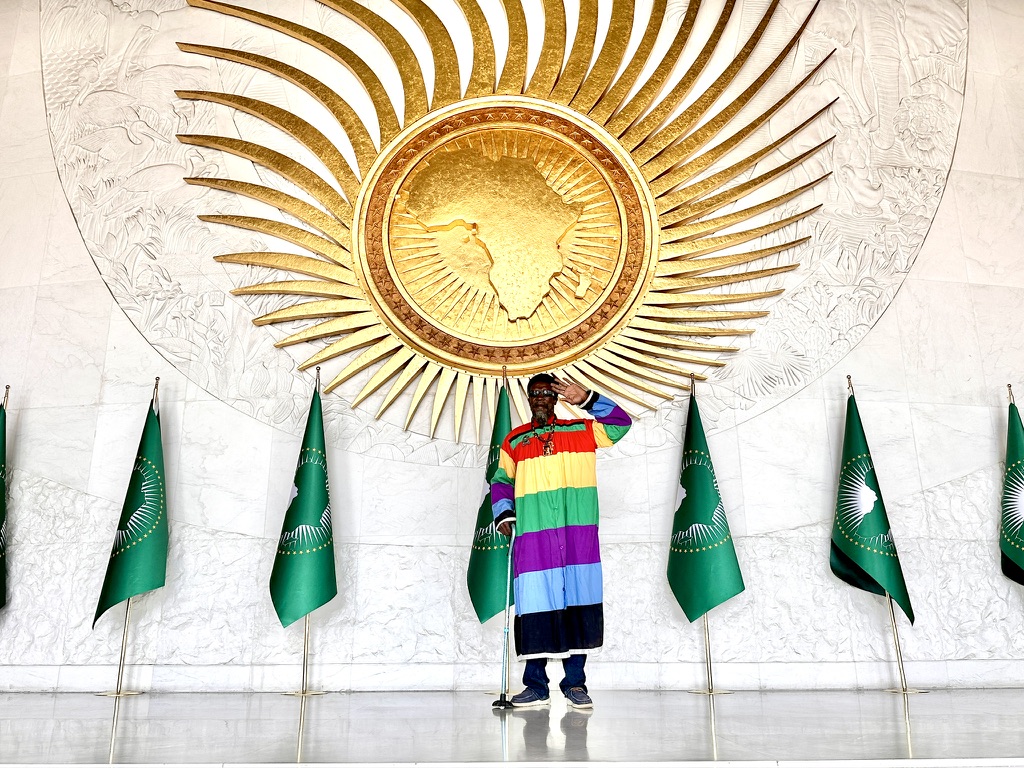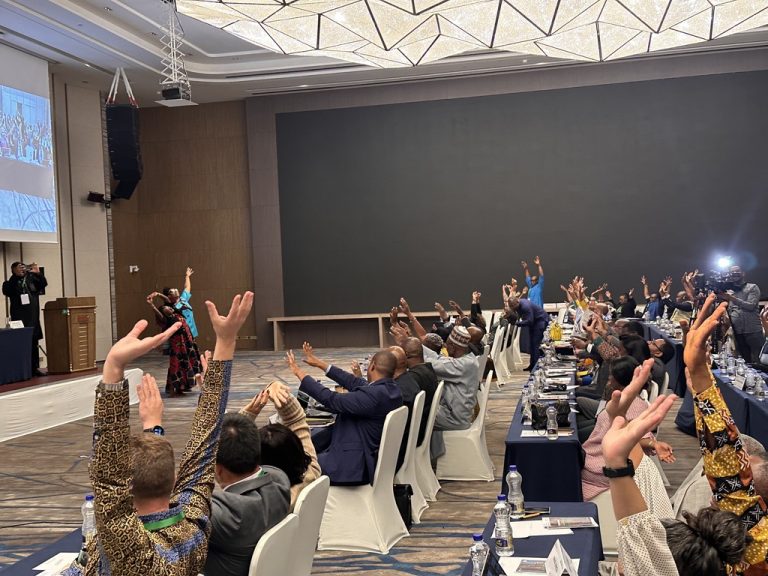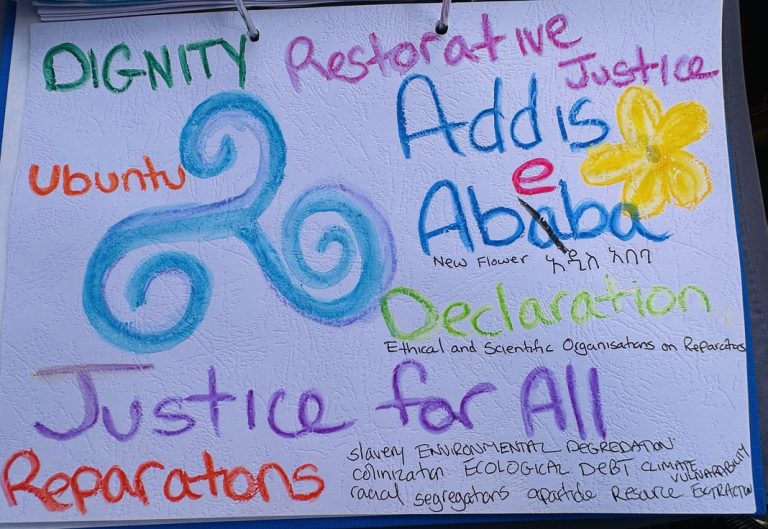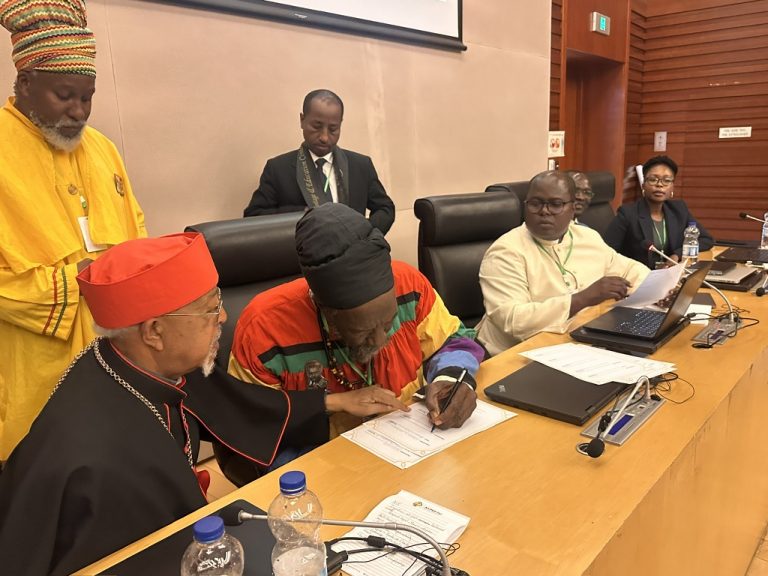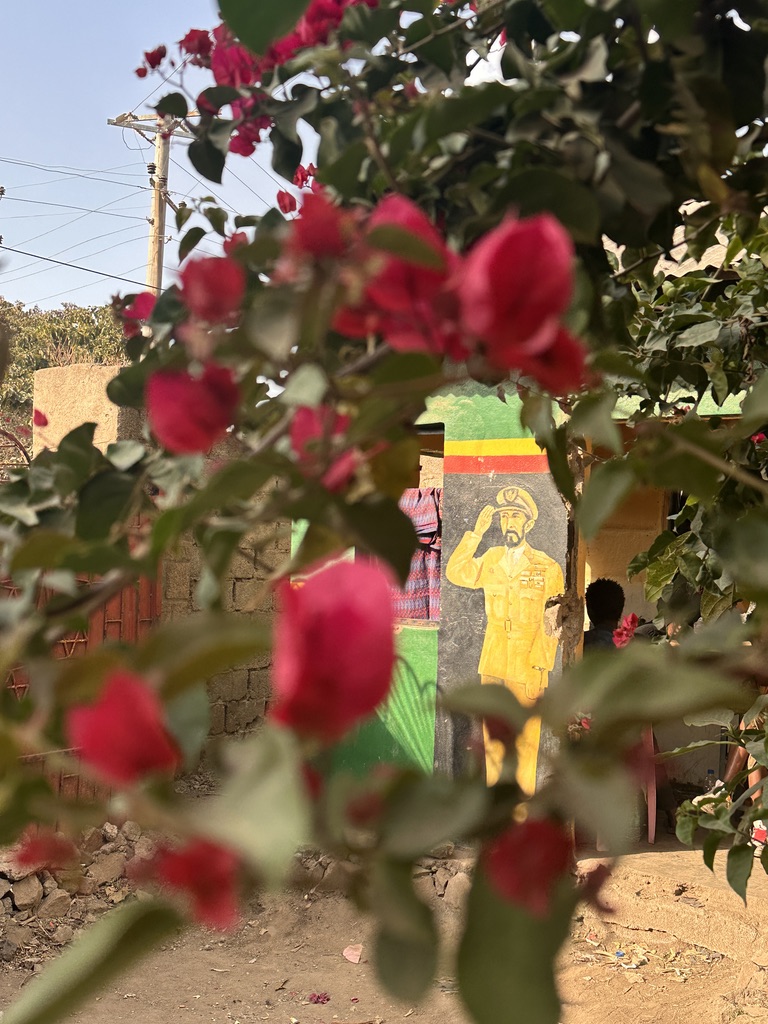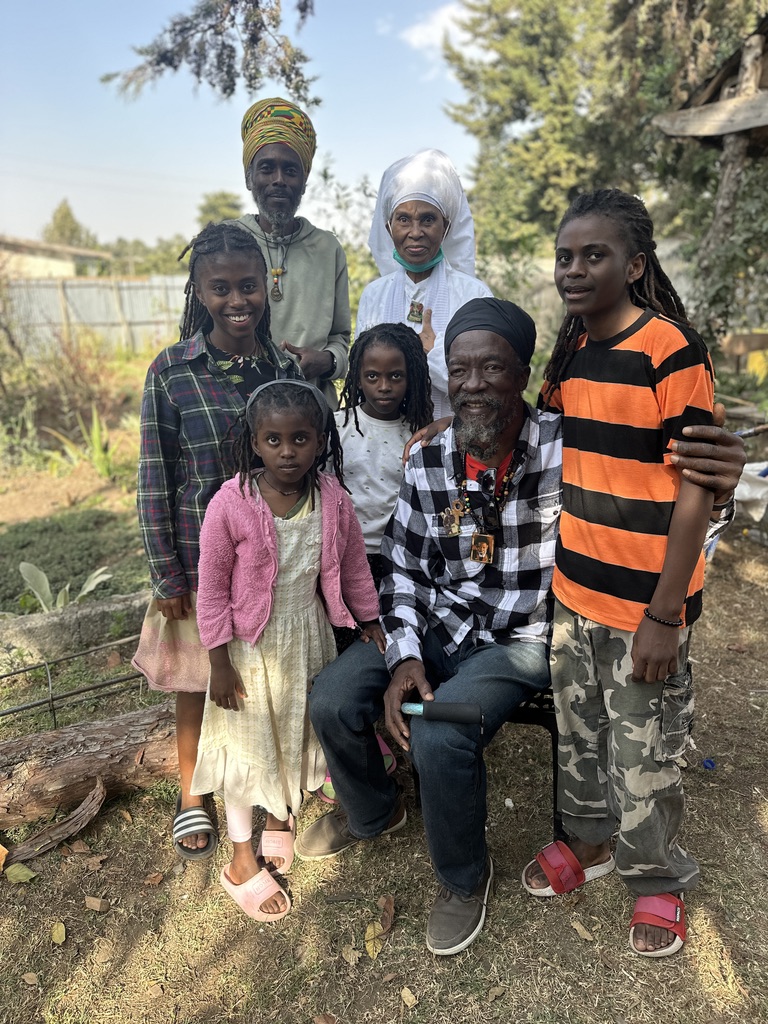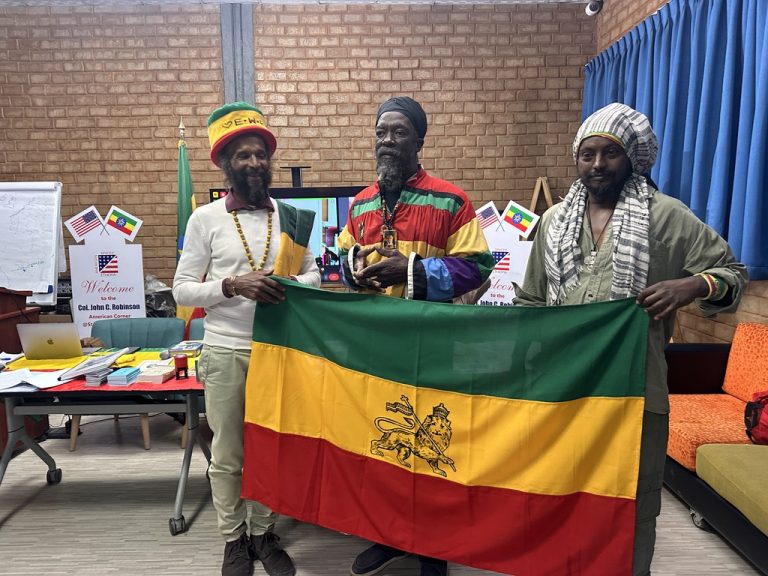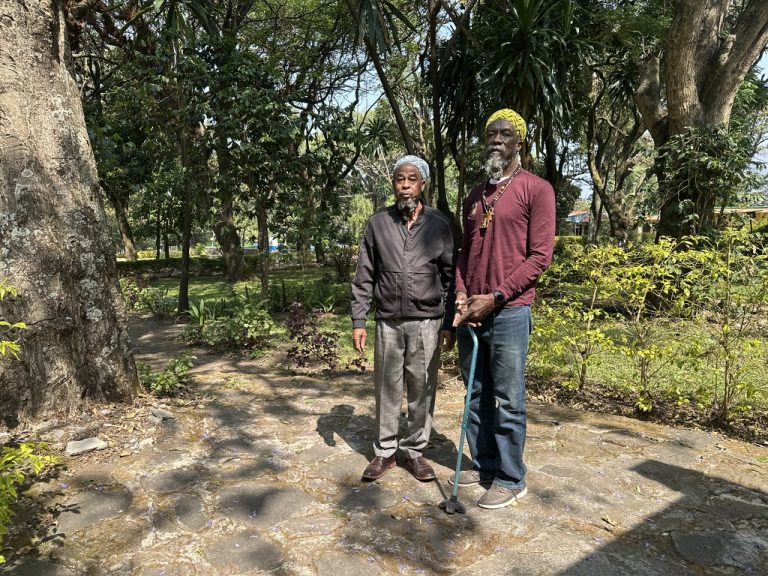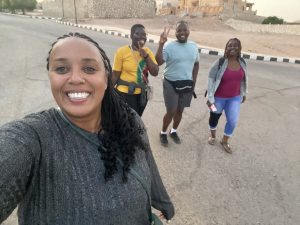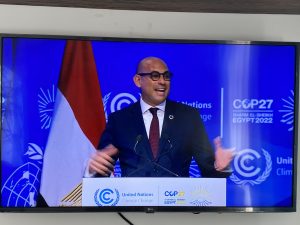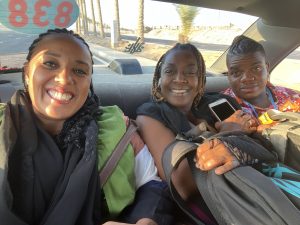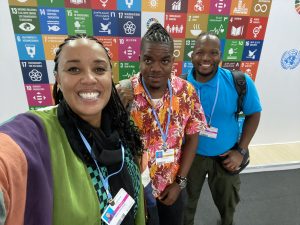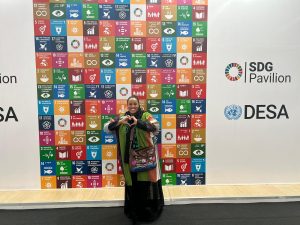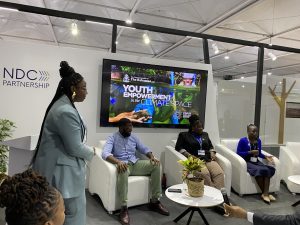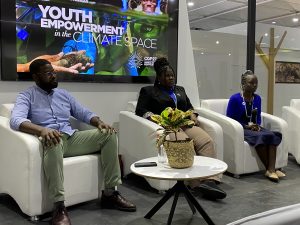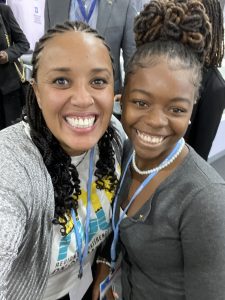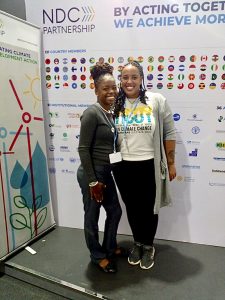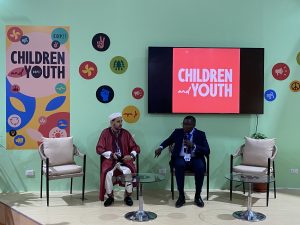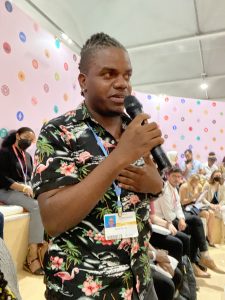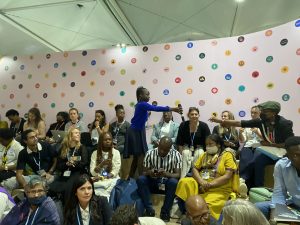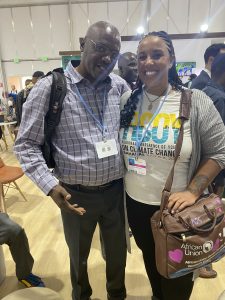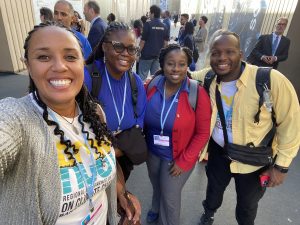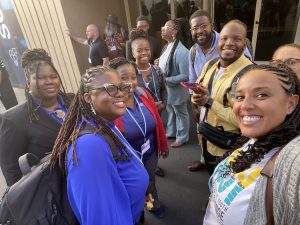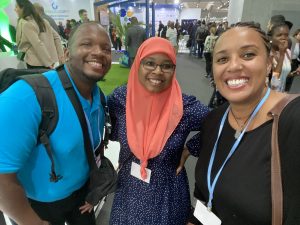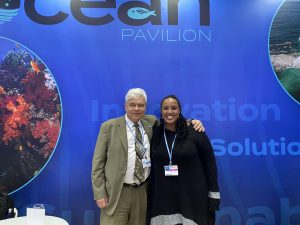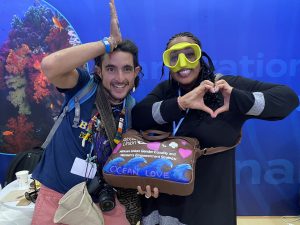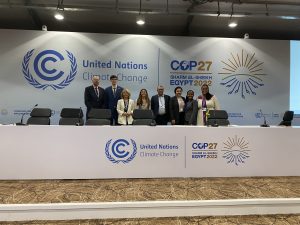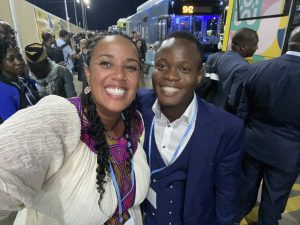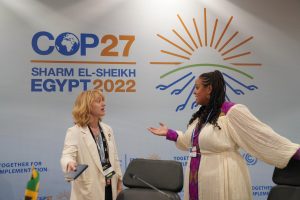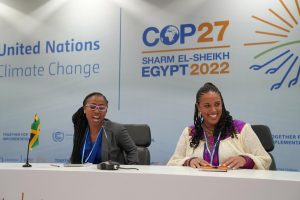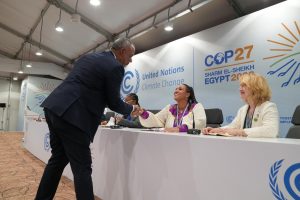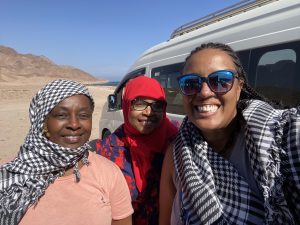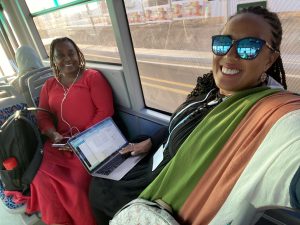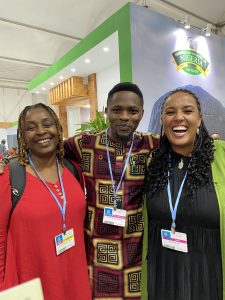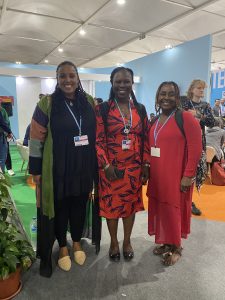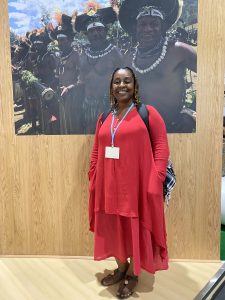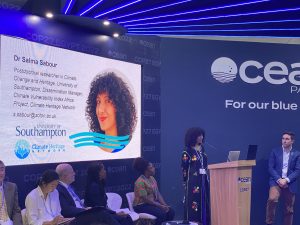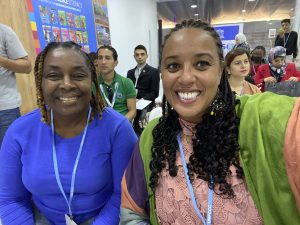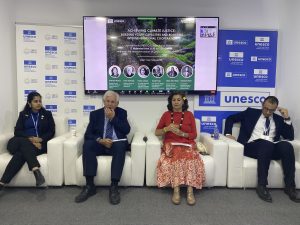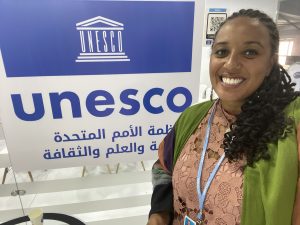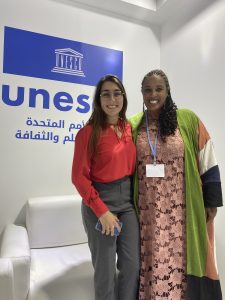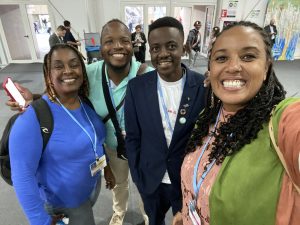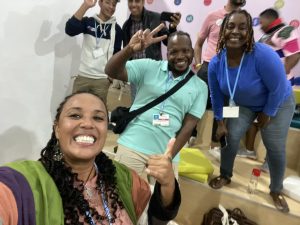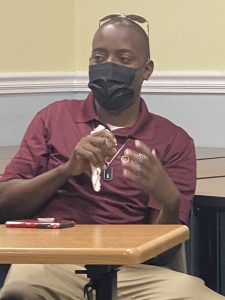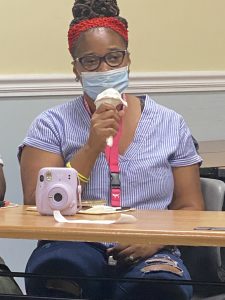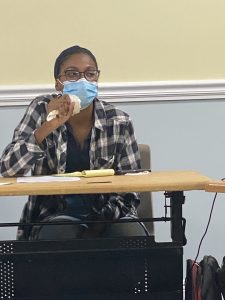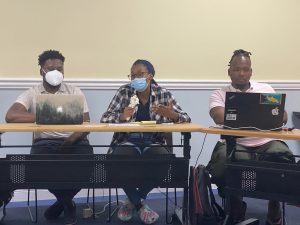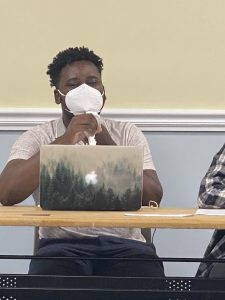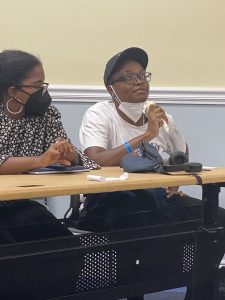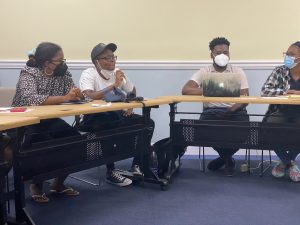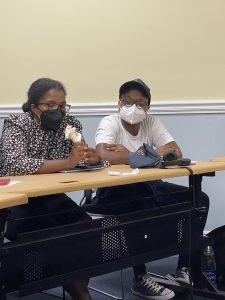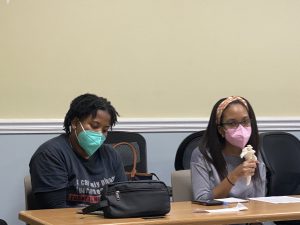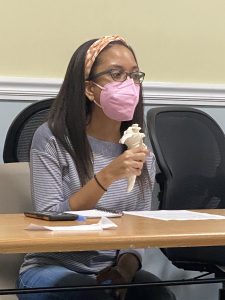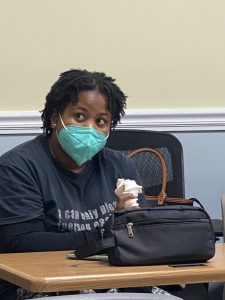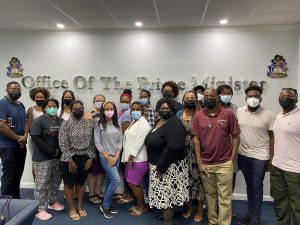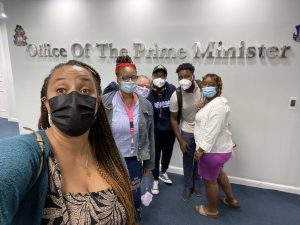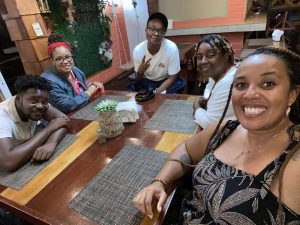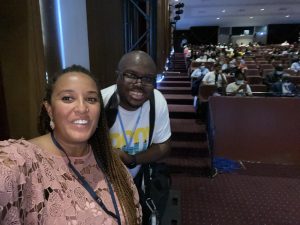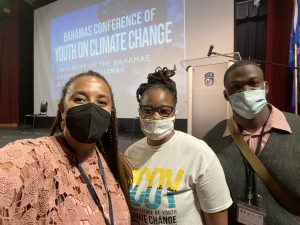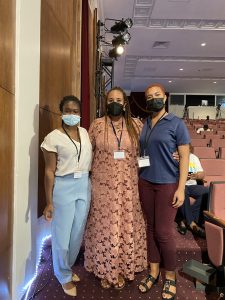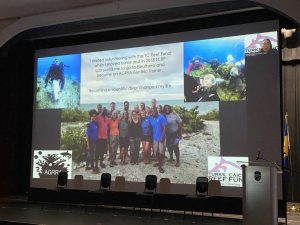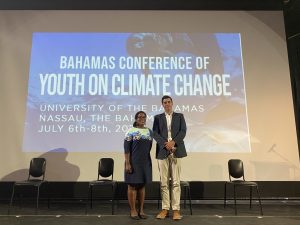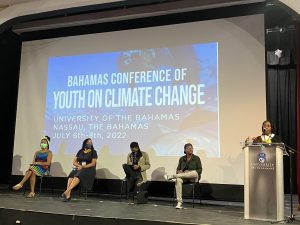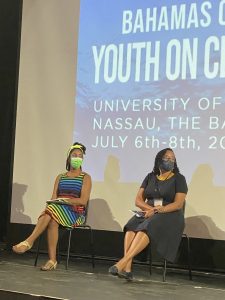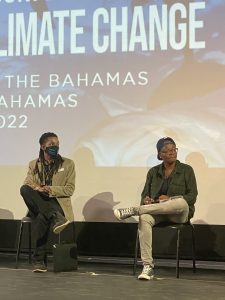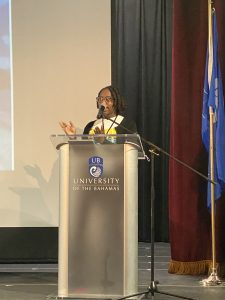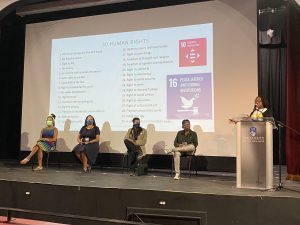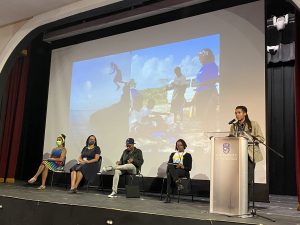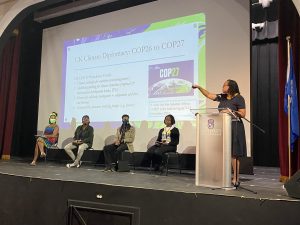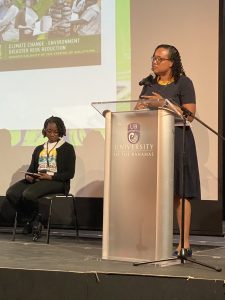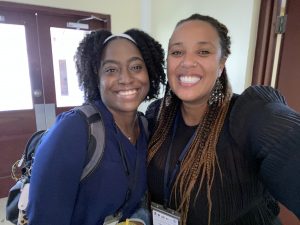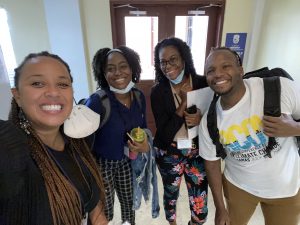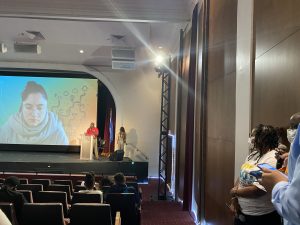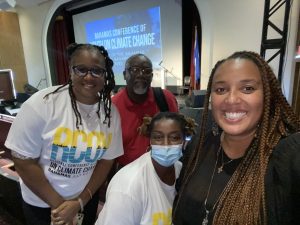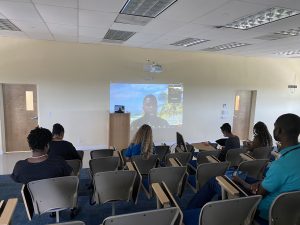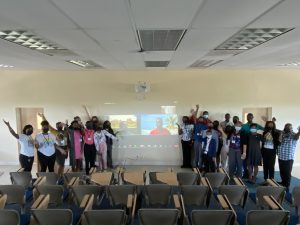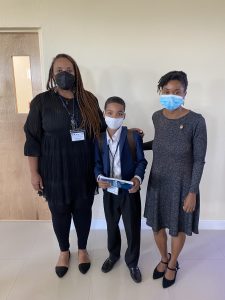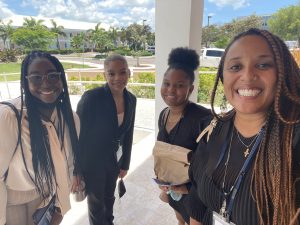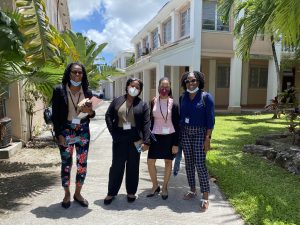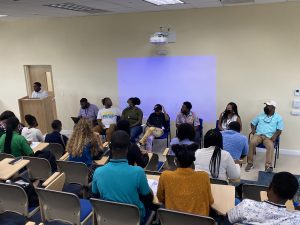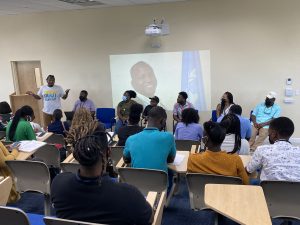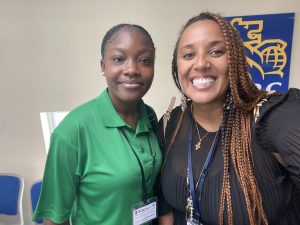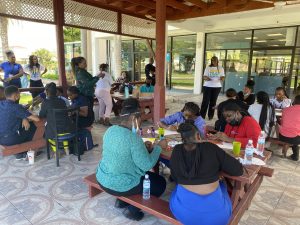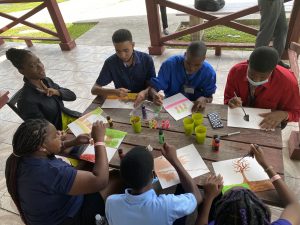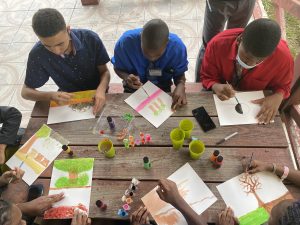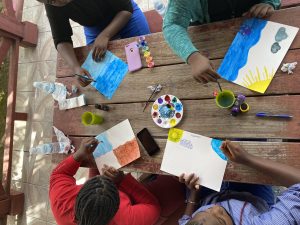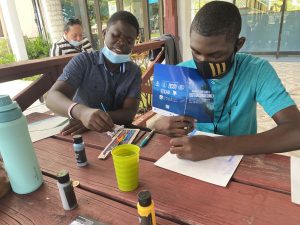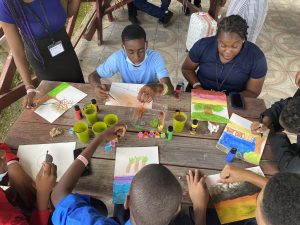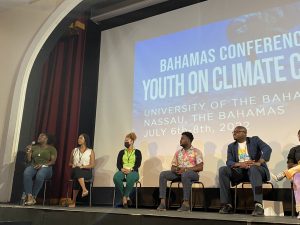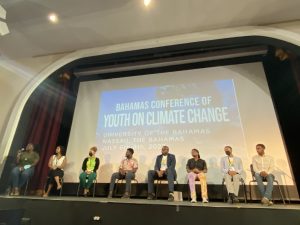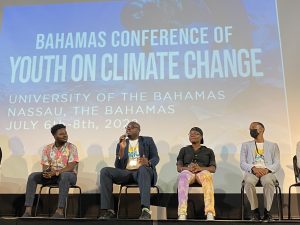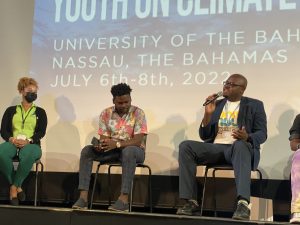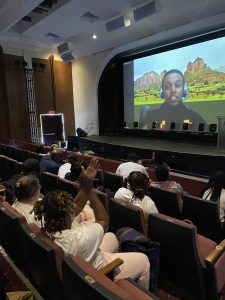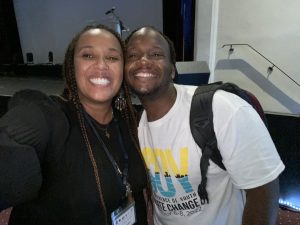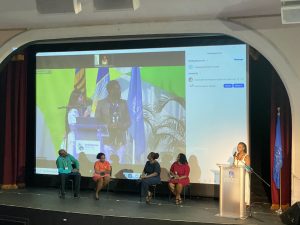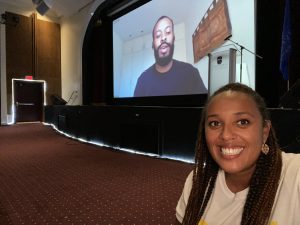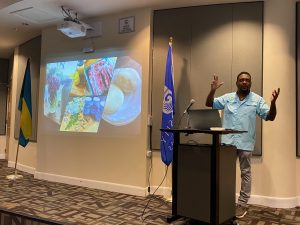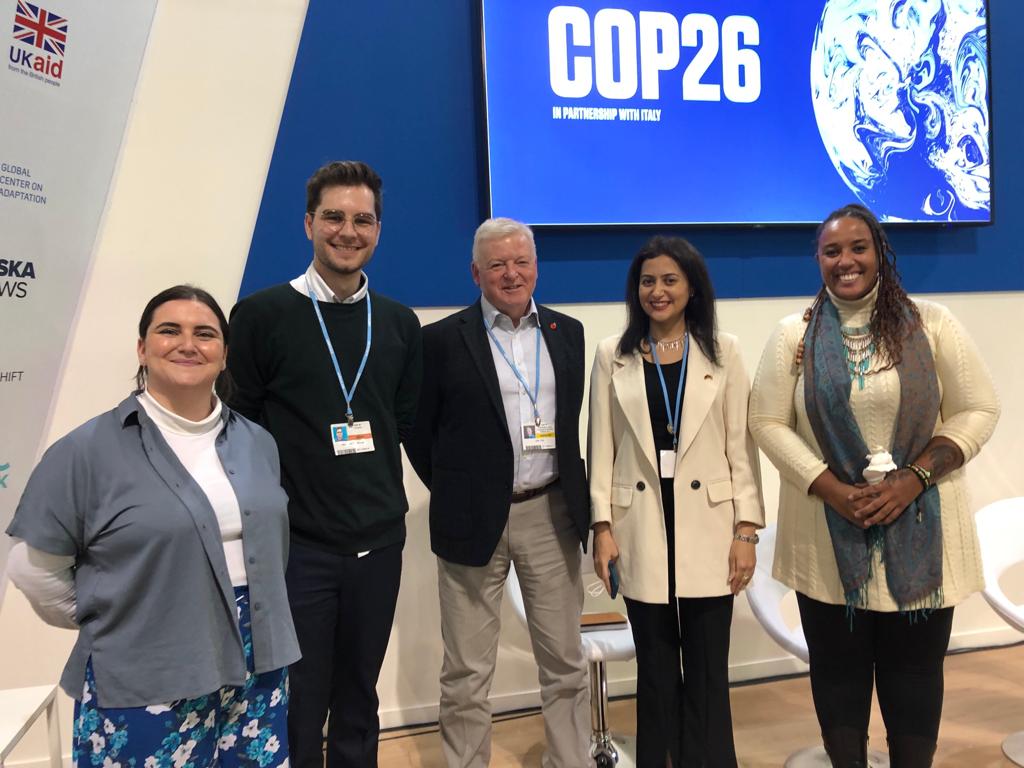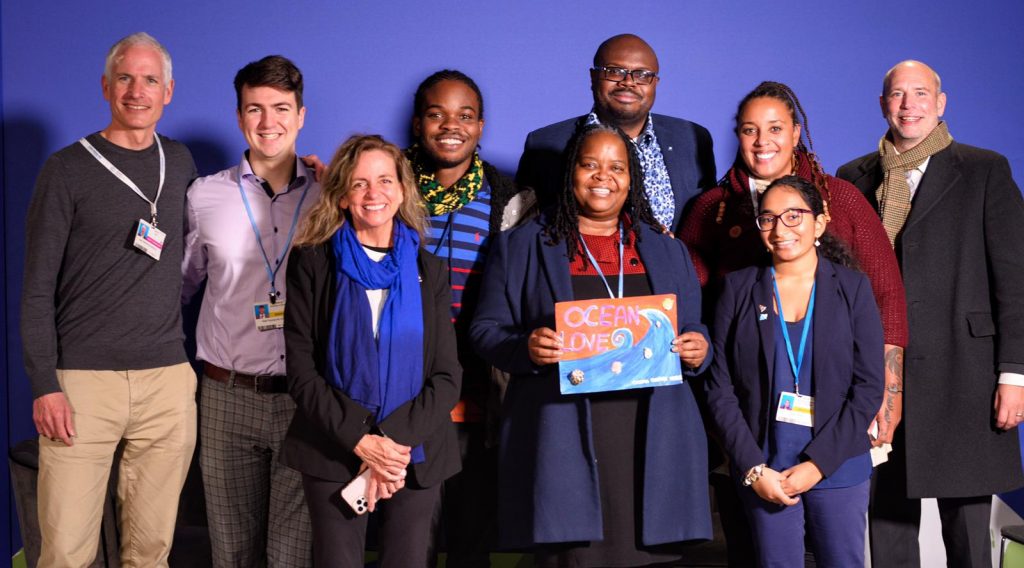Africa stands today at the epicenter of some of the world’s most urgent and interconnected crises—and also at the heart of its greatest opportunities for transformation. Climate change is no longer a distant threat; it is an everyday reality for African communities who face shifting rainfall patterns, prolonged droughts, catastrophic weather events, and rising seas. These disruptions jeopardize not only food security and livelihoods but the very social fabric of communities. The scale of these challenges demands more than humanitarian relief—it requires a bold reimagining of agricultural systems, economic models, and climate-resilient societies rooted in justice, dignity, and local leadership.
The 2025 G20 Interfaith Forum held in Addis Ababa, Ethiopia, against the backdrop of Africa’s pivotal role in the G20 presidency and the upcoming Jubilee 2025, has opened new avenues for urgent dialogue, solidarity, and collective action. This was a call to move beyond declarations toward courageous and coordinated global action. The African Union’s Agenda 2063 serves as a roadmap, but the path forward must address the glaring financial inequities that continue to burden African states. Climate finance, debt justice, and sustainable development financing must be integrated into the global financial architecture—not as charity, but as reparatory justice.
Faith-based organizations, alongside youth, women, indigenous leaders, and communities on the frontlines, have a unique role to play in bridging these divides. Their moral voice, rooted in centuries of wisdom, resilience, and spiritual traditions, can help galvanize the political will necessary for transformative change. The lessons of the COVID-19 pandemic have laid bare the fractures in our global systems—but they have also reminded us of our shared vulnerability and interdependence. Africa’s youth—the youngest and fastest-growing population on Earth—are not just the future; they are the present leaders whose voices, visions, and innovations must shape the agenda now.
This forum was not just a gathering—it is a catalytic space where faith, finance, climate action, and social justice must converge to ensure that Africa’s renaissance is realized with dignity, equity, and peace at its core.
Ethiopian World Federation members, Ambrose King and Nikita Shiel-Rolle delivered the following statement.
Excellencies, distinguished delegates, faith leaders, and global citizens,
We meet today at a critical inflection point in human history. The climate crisis is no longer a distant environmental concern. It is a present, global emergency that touches every aspect of our existence—our health, our economies, our food systems, our security, our peace.
And while all are affected, it is those who contributed the least who suffer the most. Africa, the Caribbean, and Small Island Developing States—communities who have historically borne the weight of exploitation and extraction—now standing at the frontlines of a crisis they did not create.
But let me be clear: climate change is not a crisis of the Global South—it is a global crisis that demands a global solution. It requires the best science, supported by equitable technology transfer, AND it also demands something deeper—transformation of the heart.
It demands that we see each other fully, that we hold the reality of another as equal to our own. This is not only science. This is spirituality. This is ethics. This is the Golden Rule.
Interfaith communities have a critical role to play. We remain the trusted spaces where people gather, where truth is spoken, where care and compassion are practiced, and where unity across divides can be nurtured.
We must recognize that beyond carbon cycles and emission reduction targets, climate solutions require love, care, and compassion. They require that we do things differently.
We cannot address the climate crisis while clinging to the systems of oppression that birthed it—systems built on shame, blame, guilt, and the ruthless pursuit of capital gains above all else.
The rise in atmospheric carbon dioxide is not a scientific anomaly—it is the direct result of our industrialization, our drive for unchecked modernization, and an economic system rooted in extractivism and exploitation.
Unless we face this uncomfortable truth, we will continue to propose broad-brush, externally driven solutions that miss the mark and fail the communities they claim to serve.
Our local communities, particularly in Africa, the Caribbean and across the diaspora, are enduring the droughts, the floods, the hurricanes, the fires. They are facing the collapse of their ecosystems and livelihoods.
Across Africa and the Caribbean, we face critical and widening data gaps in our understanding of hydrological and meteorological cycles and the accelerating shifts driven by climate change. These gaps severely limit our ability to make informed, timely, and locally relevant decisions. At the same time, we are witnessing unprecedented rates of biodiversity loss, threatening the very ecosystems that sustain our food, water, and cultural heritage. Our oceans—vast, life-giving, and integral to our economies—remain largely unexplored, undervalued, and misunderstood, particularly in the context of African and Caribbean realities. This lack of knowledge is not just a scientific void; it is a systemic barrier to resilience, sovereignty, and self-determined development.
Addressing these data and knowledge deficits is not optional—it is foundational to climate justice, economic transformation, and the survival of our people and planet.
The absence of community-scale data—whether hydrometric, agricultural, or oceanic—makes it nearly impossible to accurately track the changes taking place at the grassroots level limiting communities abilit to be proactive in their adaptation action.
This persistent data gap silences local realities in national and global policy conversations, leaving frontline communities invisible in the very debates that decide their futures.
To change this, we must urgently invest in community science—an approach that centers local knowledge holders, traditional wisdom, farmers, fishers, and Indigenous communities as co-creators and custodians of the data and solutions we need.
Upskilling local communities in data literacy, environmental monitoring, and policy advocacy is not charity; it is a necessary act of justice that enables communities to become equitable, informed participants in the decisions that shape their lives.
Faith-based communities, deeply trusted and rooted in these local realities, can become powerful platforms for this kind of skills transfer, dialogue, and empowerment. They can bridge science, spirituality, and social action, fostering spaces where ancestral wisdom meets modern technology, and where solutions are co-created from the ground up—authentic, just, and rooted in the lived experience of those most impacted by climate change.
The absence of community-specific data—whether hydrometric, agricultural, or oceanic—not only obscures the realities of those on the frontlines, it perpetuates systems of exclusion that have long denied African communities, both on the continent and across the 6th Region, their rightful place at the decision-making table. The African descendants living in the Caribbean and other low-lying small island developing states are now facing the compounded impacts of the climate crisis—where rising seas, intensified storms, and disappearing livelihoods threaten to erase their communities entirely. These are the same communities whose ancestors were stolen, trafficked, and exploited to build the wealth of the Global North. This truth demands that African nations rise to the moral and historical responsibility of ensuring that the descendants of the 6th Region can repatriate to their ancestral lands with dignity, grace, and purpose—not as victims, but as dignified sons and daughters of the soil. African governments must lead by example, creating pathways that honor the right of return and providing the infrastructure, policies, and social protections necessary for climate migrants of African descent to rebuild their lives on the continent.
To the Global North we say, your duty does not stop at climate finance. You must engage in full-spectrum reparatory justice—recognizing that true repair is both economic and spiritual. It is both monetary and restorative of land, identity, and belonging. We must pursue the moral issue of reparations holistically, which includes not only the payment of moneys but also the repatriation of individuals, lands, and properties stolen or lost to systems of oppression. As a global grassroots movement, we place the right of return at the center of our demands and we call on the African Union, the governments of the Caribbean, and the developed nations of the world to support and invest in projects of Green and Blue Development that are designed, led, and implemented by Africans—both at home and in the diaspora. This is how we build climate-resilient futures grounded in justice, dignity, and self-determination.
At the heart of the climate crisis lies a crisis of finance—where those who have contributed the least to global emissions are locked out of access to the resources needed to build resilience, adapt, and lead their own solutions. This injustice is most painfully felt by African women, girls, and youth, who not only bear the disproportionate burden of the climate crisis but are also systematically excluded from the financing structures that dominate the global climate discourse. Climate finance must be transformative, not transactional. It must prioritize direct investments in African-led, community-driven climate solutions, particularly those spearheaded by women and youth, whose knowledge, leadership, and innovations have long been at the center of resilience-building on the ground.
We continue to hear the excuse of “high risk” when it comes to investing in African nations, in African entrepreneurs, in African women. This narrative must be dismantled. The true risk is in continuing to ignore, sideline, and underfund the very communities that hold the keys to localized, scalable, and culturally appropriate climate action. Global financial institutions, development banks, and climate funds must overhaul their models to ensure that African youth, women, and grassroots innovators are not merely included but prioritized as agents of climate solutions. Guaranteeing access to patient capital, grants, concessional loans, and insurance mechanisms for these groups is essential if we are to build a climate-resilient Africa from the ground up. Investing in African women, youth, and communities is not just a moral imperative—it is the smartest climate investment the world can make
Similarly, our organization has experienced firsthand the systemic barriers to financing that continue to undermine African-led climate solutions. We developed and presented a flagship initiative—Climate Resilient Green Economic Communities (CRGEC)—a visionary project endorsed by both the African Union and the Government of Ethiopia. CRGEC is designed to accelerate the achievement of the Sustainable Development Goals while advancing the implementation of AU Agenda 2063, creating pathways for climate-resilient, just, and regenerative green economies led by African communities themselves. Yet, despite its alignment with continental and global priorities, the persistent inability to secure sustainable and flexible financing has stalled critical progress.
We commend Ethiopia and the African Union for their leadership in advancing the Climate-Resilient Green Economy Strategy, the Green Legacy Initiative, and the CRGEC approach.
But the task ahead requires boldness:
- A shift to organic, regenerative agriculture and aquaculture.
- The eradication of plastic pollution, particularly in our oceans.
- A commitment to community science, ocean stewardship, and cultural restoration.
If there is one message participants must leave with today, it is this: agriculture is and will always remain the foundation of Africa’s economy and the heartbeat of our people’s survival and prosperity. From ancient times to the digital age, agriculture has underpinned every civilization’s wealth and security, and it is the essential prerequisite for industrial growth, economic sovereignty, and social stability. Ethiopia’s example reminds us that no sustainable development, no green economy, and no industrial progress can occur without first restoring, investing in, and respecting the land and the farmers who cultivate it. Land reform, security of tenure, and the empowerment of smallholder farmers—especially women, youth, and the landless—are fundamental to unlocking Africa’s agricultural potential and ensuring that those who labor enjoy the fruits of their own work.
We must dismantle the lingering colonial mindsets that degrade farming and instead embrace ‘agree-culture,’ recognizing agriculture as a dignified, revolutionary act of self-determination. Moreover, the restoration of our forests, the fight against plastic pollution, and the creation of Green Garden Communities interconnected across the continent by rail and road must form the backbone of our green development strategy. This vision is not new; it is ancient wisdom reborn for a new generation—a generation that must see agriculture, not as a relic of the past, but as the launchpad for Africa’s just, green, and independent future. Only through a return to the soil, led by communities themselves, can Africa and its diaspora claim their rightful place as stewards of the Earth and masters of their own destiny.
As faith-based organizations and ethical institutions, our sacred responsibility is to champion the unity and peace of the human family. But peace is not a passive hope—it is an active pursuit rooted in justice, equity, and truth. Without justice, there can be no peace. Without peace, there can be no climate solutions. Climate resilience is not merely about infrastructure or technology; it is about healing the fractures within ourselves, within our communities, and between nations. We cannot expect to co-create and sustain climate-resilient communities if we are at war with our own humanity, if our neighborhoods remain divided, or if global relationships are governed by greed, power, and exploitation.
The inclusion of the African Union in the G-20 and the leadership of South Africa offer a historic opening to shape a new, just, and peaceful global order—one where honest dialogue, accountability, and reparatory justice are not avoided, but embraced as essential pillars of reconciliation and renewal. This transformative journey will require the courage and cooperation of all nations, but especially those in the developed world who have profited from systems that have deepened global inequities and accelerated the climate crisis.
As faith-based and ethical institutions, we declare with unwavering faith that justice will prevail—if not by the will of man, then by the unshakable justice of the Almighty Creator, who demands that all creation be treated with dignity, care, and compassion.
Let us act with love, with honesty, with humility—knowing that we are all connected in this web of life.
Let us build the green and blue economies of tomorrow on foundation of justice, healing, and peace.
This is our message. This is our truth. Let us walk it together.
Thank you.
END
Nikita Shiel-Rolle and Ambrose King
